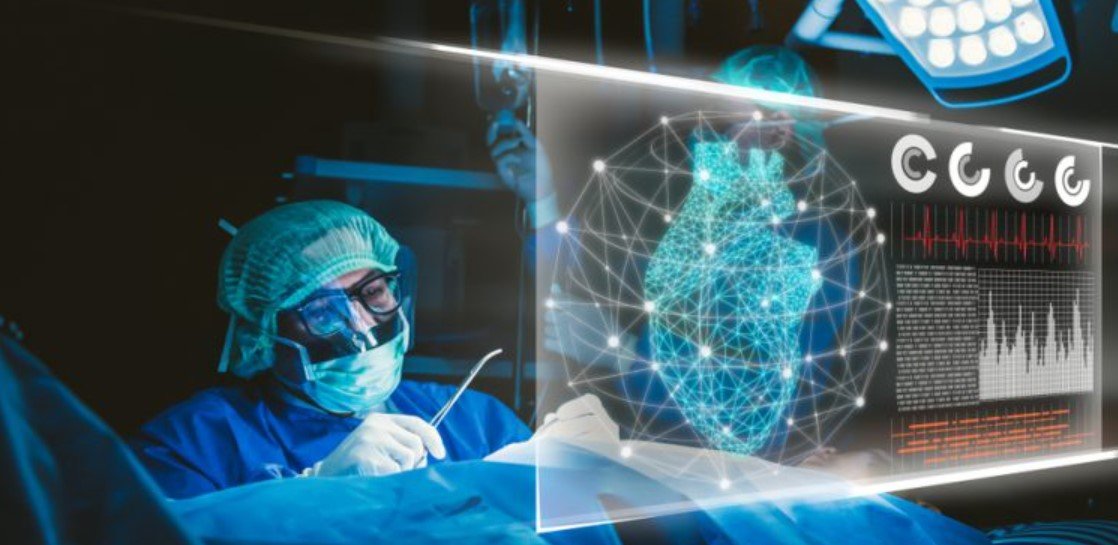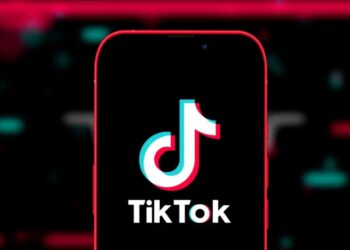In the rapidly evolving landscape of healthcare, artificial intelligence (AI) is making significant strides. One area where AI shows immense promise is in enhancing medical visits. Let’s delve into how AI, including large-language models like ChatGPT, is revolutionizing patient care.
Dr. Rebecca Mishuris, a primary care physician at Brigham and Women’s Hospital, has experienced firsthand the transformative power of AI in medicine. Traditionally, doctors spent hours poring over patients’ medical charts, often long after their shifts ended. However, since last summer, Dr. Mishuris has been piloting AI-driven software applications that listen, transcribe, and summarize patient conversations. The result? A streamlined process that allows her to focus on patients during visits, rather than being bogged down by paperwork.

AI Applications in Healthcare
1. Merative: Enhancing Diagnostic Confidence
Merative (formerly IBM Watson Health) stands out as a leading AI partner for the healthcare industry. Its versatile AI applications cater to healthcare providers, payers, life sciences companies, and governments. Here are some key features:
- Medical Specialties: Merative offers a wide range of AI applications tailored to various medical specialties, including breast imaging, neurology, thoracic, musculoskeletal, and triage.
- Seamless Integration: The company ensures that its AI solutions seamlessly integrate with existing imaging systems, minimizing disruptions to clinical workflows.
- Physician-Friendly Insights: Merative provides easily consumable insights for physicians, enhancing diagnostic confidence and improving overall clinical experiences.
2. AI-Driven Consultations
AI-driven consultations complement human expertise rather than replacing it. For instance, initial consultations conducted by AI can triage patients to the most appropriate level of care. By identifying cases where seeking advice from a pharmacist suffices, AI optimizes resource allocation and ensures personalized patient interactions.
3. Streamlining Clinical Workflows
AI-powered healthcare solutions streamline clinical workflows. Physicians can make data-driven decisions, leading to more accurate diagnoses. Additionally, AI assists with digital communications, offering tailored health tips, schedule reminders, and suggested next steps to patients.
As AI continues to evolve, its potential to reshape healthcare remains promising. By leveraging AI tools, we can enhance patient care, optimize resource allocation, and personalize treatment plans. The future of healthcare lies in collaborative efforts between AI and healthcare professionals, ultimately benefiting patients, providers, and the entire ecosystem.









